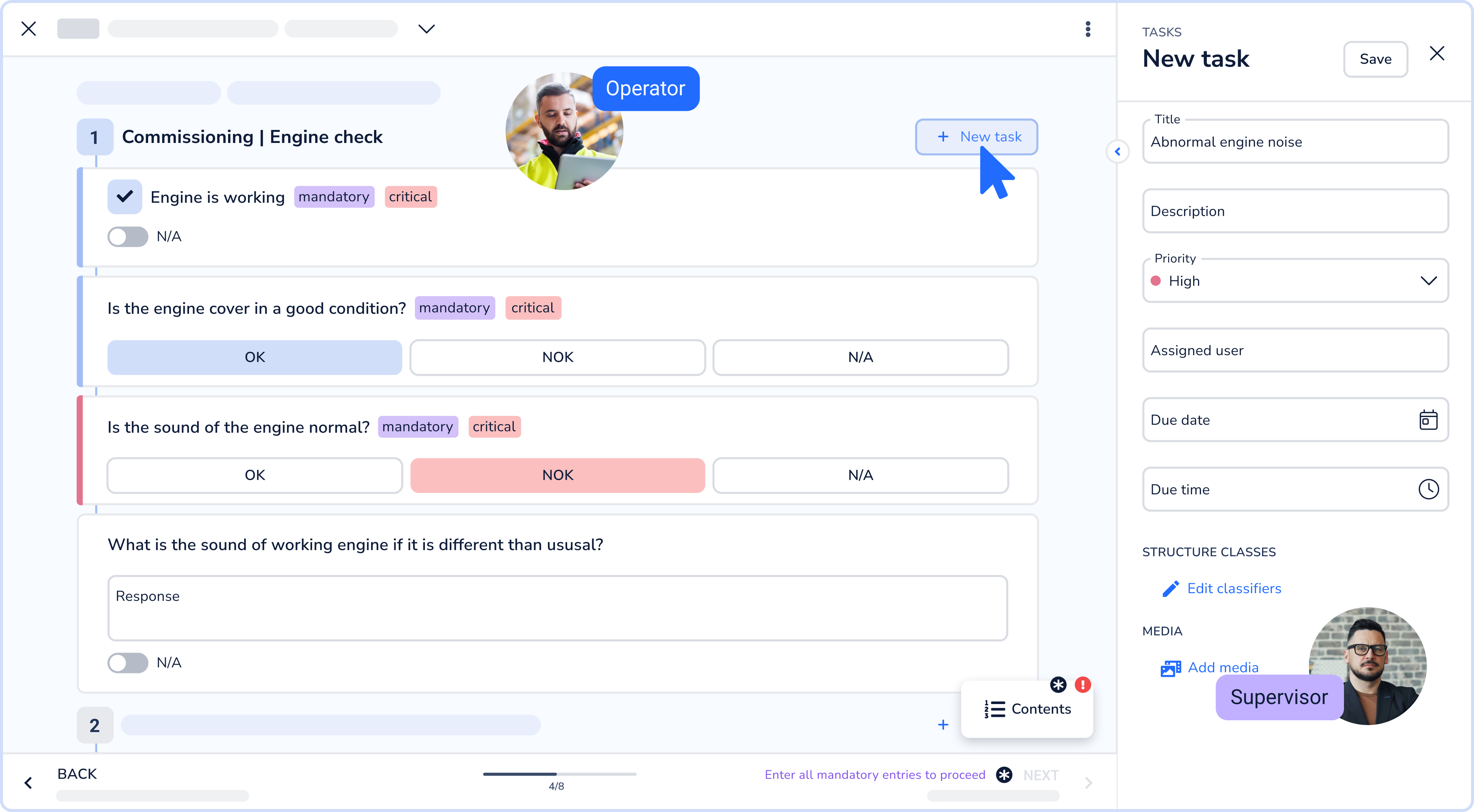Standard software vs. in-house programming
What is right for my application? We show you the 4 key factors in the decision-making process.

The 4 factors at a glance
When choosing a software solution, companies are often faced with the question of whether to rely on specialized standard software or whether to program their own IT to solve a specific problem on the basis of an existing tool. To make the decision easier for you in future, we evaluate the four factors that you should take into account.
Time and costs: Standard software is ready for use more quickly as it has already been developed and can be implemented immediately. It is also easy to use without extensive customization. This not only saves money, but also valuable time, as no lengthy development processes are required. In-house programming, on the other hand, requires a considerable investment of time and money. From planning to development to maintenance, the process is lengthy and cost-intensive. Companies usually have to rely on internal development teams, which often already implement a large number of projects. Existing tools are often used here to minimize the time required.:
Flexibility and customizability: Standard software is designed to meet the needs of a broad user base and therefore may not offer exactly the functions that a company initially envisioned. Customizations are usually implemented according to the feedback of all users, which means that your own wishes may not have first priority. On the other hand, you can learn from the ideas of other companies and continue to improve through external input. At first glance, in-house programming offers maximum flexibility. Whether this is actually achieved essentially depends on two factors:
1. the IT resource situation
2. the company's ability to perform requirements engineering If both points are met, in-house programming can be ideally tailored to the specific needs of the company. Changes or extensions are possible at any time. If these points are not fulfilled, such good initiatives often end with an unusable application.Maintenance and support: The use of standard software includes comprehensive support, as regular updates, security patches and technical support are often included in the price. Companies do not have to worry about ongoing maintenance, as this is taken care of by the provider. The continuous further development of standard software based on user feedback ensures that companies keep their finger on the pulse and do not miss out on any important innovations. With in-house programming, the responsibility for maintenance and further development lies with the company itself. This means additional costs and requires the availability of qualified developers. Without regular updates and maintenance, the software can become outdated and dangerous security vulnerabilities can arise
Future-proofing and scalability: Standard software is usually continuously developed and adapted to new market requirements. Providers work to make their solutions future-proof by regularly integrating new features and improvements. In addition, standard software is often easier to scale in order to keep pace with the growth of the company. In-house programming can be just as future-proof, but requires constant investment in updates and enhancements. Scalability depends on how well the software was designed from the outset. Poor planning can lead to high costs in the future when adaptations become necessary. Overall, it can be concluded that a make-or-buy decision should be carefully considered. Weigh up all the points mentioned to arrive at the best result. In general, it helps to ask yourself what your company's core competencies are to ensure that you are allocating your time and resources correctly. If you find that core competencies, particularly in the area of software development, need to be built up first, it usually makes sense to buy in the software product so that you can act quickly and efficiently and work in a way that conserves resources.
Editha Bertsch
Editha is an experienced project management expert for manufacturing companies. With a clear understanding of the specific challenges of the industry, she is passionate about developing innovative solutions.
Would you like to get to know Operations1 or do you have questions?
Simply fill out the contact form with your thoughts and goals. We will get back to you as soon as possible.